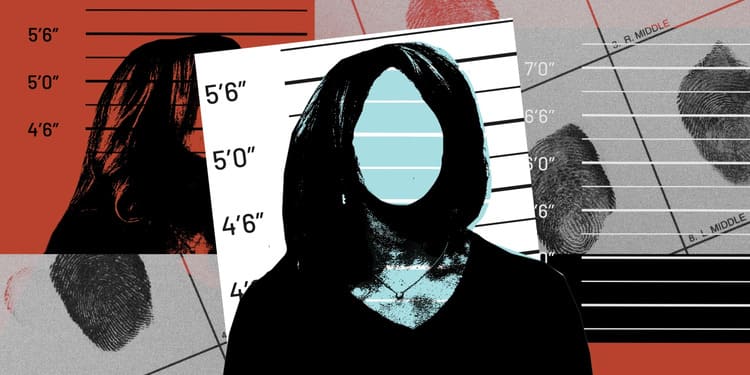When someone is arrested, one of the first things that happens is that they are taken to have their mugshot taken. But what is the purpose of a mugshot, and why do we have them? Keep reading this helpful guide to find out the purpose of a mugshot and how it is used.
What is a mugshot?
Mugshots are photographs of individuals taken by law enforcement agencies primarily for identification. They are also taken during the booking process of an arrested individual. The photos are generally placed in a police record or criminal history file. These photos have been used in the jurisdiction process since the 1850s and have been a standard part of the booking process. Different types of mugshots are taken, depending on the reason for taking the mugshot in the first place.
For example, mugshots are taken during the booking process, the first time someone is photographed after arrest. This type of mugshot is usually taken with a standard camera and is used to identify the person who has been arrested. Another type of mugshot is the inmate mugshot, which is taken after an inmate is booked into jail. This mugshot is usually taken with a more high-resolution camera and is used to identify the inmate. Mugshots can also be taken for non-booking identification purposes, traditionally used by law enforcement to identify suspects or victims. These mugshots may be taken with a standard or a high-resolution camera and may be used as part of a database of mugshots.
What is the purpose of a mugshot?
Mugshots are an essential part of the criminal justice system. They help law enforcement officials identify criminals, and they also help solve crimes. There are many cases where mugshots have been instrumental in solving crimes, as these photos can be used to identify and apprehend criminals. They’re ideal for finding individuals on the run or with existing warrants. Sharing a person’s mugshot, facial features, clothing, and other identifiers can help local civilians can help keep an eye out for that person.
One of the most famous examples is the case of the Unabomber. The Unabomber was a serial bomber who caused terror across the United States for over 17 years. However, his identity was eventually discovered after his mugshot was published in the media, as the photo was circulated to the public to find someone who could identify him. Someone who had seen the mugshot recognized the Unabomber and contacted the authorities. Mugshots can also help solve crimes that have already been committed. In some cases, the police will release mugshots to the public in the hope of getting information from the public about the crime. In other cases, the mugshots will be used as evidence in court.
Can I prevent the police from taking a mugshot?
There is no definitive answer as to whether or not you can prevent the police from taking a mugshot; it will depend on the specific situation and the laws of the jurisdiction in which it is taking place. However, you can do a few things to try and increase your chances of avoiding a mugshot.
First and foremost, you should always be respectful and compliant with the police officers’ orders. This will put you in a better position to negotiate and may make the officers more likely to cooperate with your requests. Secondly, you should try to have a lawyer present during any interactions with the police. A lawyer can help advise you on your rights and may be able to negotiate on your behalf. Finally, you should always be prepared for the possibility that the police may still take a mugshot, even if you try to resist. In some cases, it may be in your best interests to comply with the officers’ requests and work to have the photograph later suppressed or destroyed.
Overall, mugshots are an important part of the criminal justice system, and they can help solve crimes that have already been committed and those that are still in progress.
